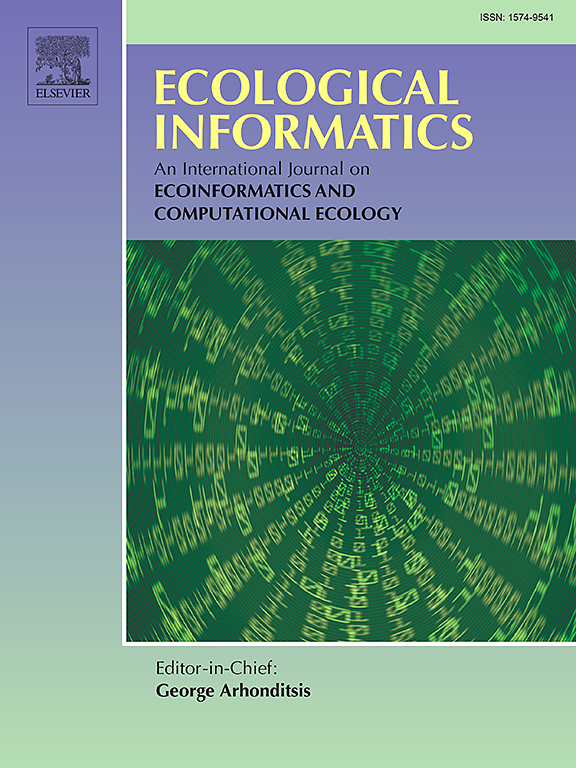驾驭碳效率的不确定性:跨收入群体的全球评估
IF 7.3
2区 环境科学与生态学
Q1 ECOLOGY
引用次数: 0
摘要
本研究评估了 163 个国家在 1992 至 2019 年间的碳效率,重点关注经济增长与减排之间的关系。通过使用一种将随机元前沿分析与贝叶斯推断相结合的新方法,该研究对数据的可变性和不确定性进行了稳健分析。研究结果凸显了不同收入群体在碳效率方面的显著差异。高收入国家(G1)的技术差距不确定性为 0.118,而低收入国家(G4)的不确定性略高,为 0.133,这表明这两类国家在技术转让方面都面临挑战。中等收入国家(G2)的不确定性最低,为 0.045,显示出其采用先进技术和提高碳效率的强大能力。研究还确定了影响碳效率不确定性的关键因素,如城市化、森林面积和外国直接投资。城市化对这些组别的影响不同:城市化使 G4 的不确定性提高了 0.0107,但使 G1 的不确定性降低了-0.0069,这反映了城市发展的不同阶段。这些研究结果表明,有必要制定有针对性的政策,以改善技术转让、优化城市化进程、加强资源的可持续利用,从而促进更有效地向低碳经济转型,降低碳效率的不确定性。本文章由计算机程序翻译,如有差异,请以英文原文为准。
Navigating uncertainty in carbon efficiency: A global assessment across income groups
This study evaluates the carbon efficiency of 163 countries between 1992 and 2019, focusing on the relationship between economic growth and emission reductions. By using a novel approach that integrates Stochastic Metafrontier Analysis with Bayesian inference, the study robustly analyzes data variability and uncertainty. The results highlight significant differences in carbon efficiency across income groups. High-income countries (G1) show a technology gap uncertainty of 0.118, while low-income countries (G4) have a slightly higher uncertainty at 0.133, indicating challenges in technology transfer for both groups. Middle-income countries (G2), with the lowest uncertainty at 0.045, demonstrate a strong capacity to adopt advanced technologies and improve carbon efficiency. The study also identifies critical factors influencing carbon efficiency uncertainty, such as urbanization, forest area, and foreign direct investment. Urbanization affects these groups differently: it raises uncertainty in G4 by 0.0107 but reduces it in G1 by −0.0069, reflecting varying stages of urban development. These findings suggest the need for targeted policies to improve technology transfer, optimize urbanization, and enhance sustainable resource use, thereby facilitating a more effective shift to a low-carbon economy and reducing carbon efficiency uncertainties.
求助全文
通过发布文献求助,成功后即可免费获取论文全文。
去求助
来源期刊

Ecological Informatics
环境科学-生态学
CiteScore
8.30
自引率
11.80%
发文量
346
审稿时长
46 days
期刊介绍:
The journal Ecological Informatics is devoted to the publication of high quality, peer-reviewed articles on all aspects of computational ecology, data science and biogeography. The scope of the journal takes into account the data-intensive nature of ecology, the growing capacity of information technology to access, harness and leverage complex data as well as the critical need for informing sustainable management in view of global environmental and climate change.
The nature of the journal is interdisciplinary at the crossover between ecology and informatics. It focuses on novel concepts and techniques for image- and genome-based monitoring and interpretation, sensor- and multimedia-based data acquisition, internet-based data archiving and sharing, data assimilation, modelling and prediction of ecological data.
 求助内容:
求助内容: 应助结果提醒方式:
应助结果提醒方式:


